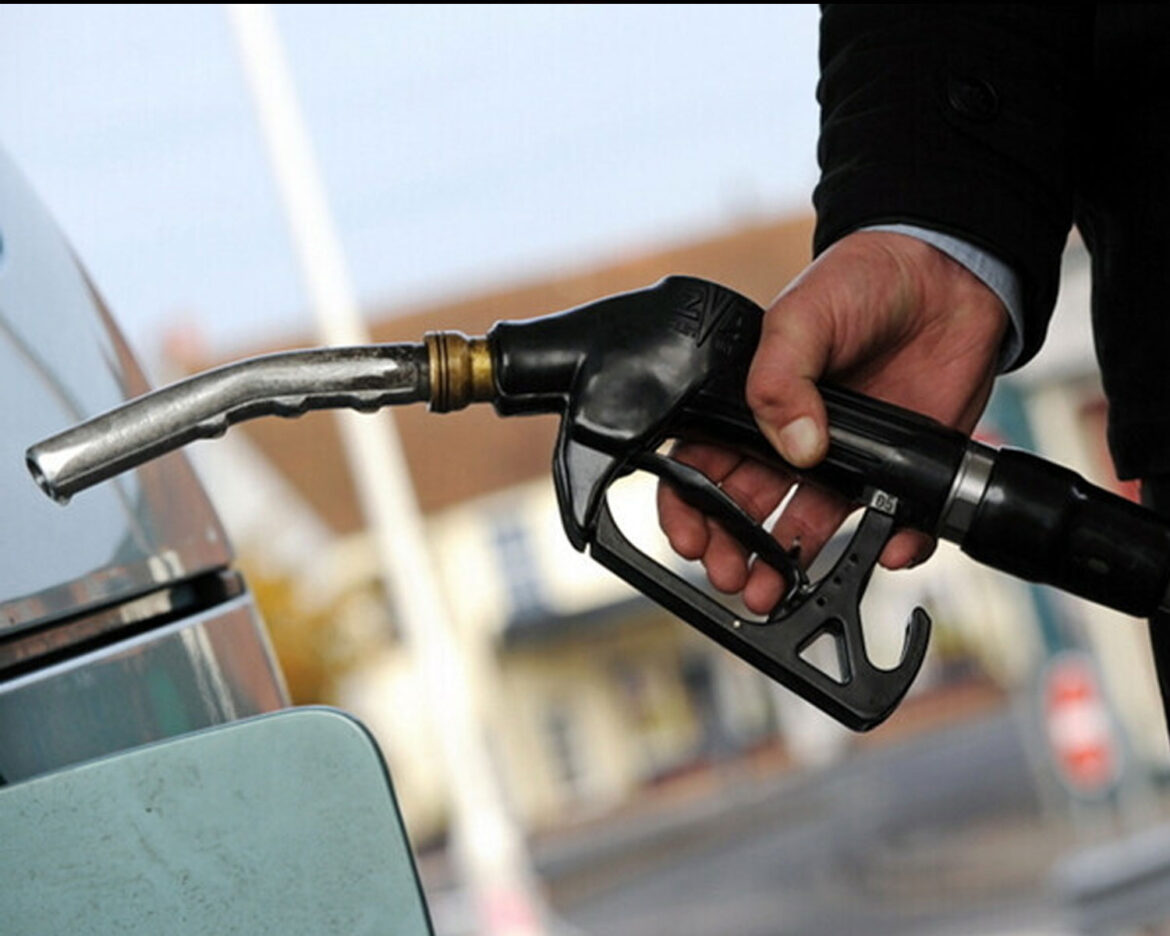In a move that will bring much-needed relief to the public, the government has announced a reduction in petrol and diesel prices by Rs8.47 and Rs6.70 per litre, respectively. This adjustment, unveiled just before Independence Day, sets the new rates at Rs260.69 per litre for petrol and Rs266.07 per litre for diesel, according to the latest government statement.
The Ministry of Finance has indicated that further decreases in fuel prices might be on the horizon, with potential reductions of Rs11 per litre for petrol and Rs7 per litre for diesel. However, the final decision on these adjustments will be made after consultations with the Prime Minister’s Office.
Petroleum product prices in Pakistan are reviewed and updated on the 1st and 16th of each month, with changes in rates announced for the following 15 days. This latest price cut reflects ongoing adjustments in response to global oil market trends and the country’s economic conditions.
Global Oil Market Update: Brent and US Crude Prices Decline
In related news, global oil markets have seen a significant dip in prices. Brent crude and US West Texas Intermediate (WTI) futures both fell by more than $1 a barrel on Tuesday. Brent crude was down by $1.16, or 1.4%, trading at $81.16 per barrel, while WTI dropped $1.11, also a 1.4% decrease, to $78.95 per barrel.
This decline follows eased fears of an imminent wider conflict in the Middle East. According to Phil Flynn, a senior analyst at Price Futures Group, the market had previously factored in the risk of an immediate attack by Iran against Israel, a scenario that has not materialized, leading to a reduction in the risk premium attached to crude oil prices.
Brent crude had experienced a notable gain of over 3% on Monday, closing at $82.30 per barrel after hitting a seven-month low of $76.30 the previous week.
The Organization of the Petroleum Exporting Countries (OPEC) recently revised its 2024 global oil demand forecast downward, even as OPEC+ plans to increase output starting in October. Meanwhile, the International Energy Agency (IEA) has maintained its 2024 global oil demand growth forecast but has reduced its 2025 estimate, attributing the change to weak Chinese consumption and its effects on global economic growth.



